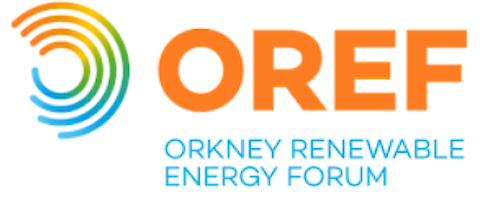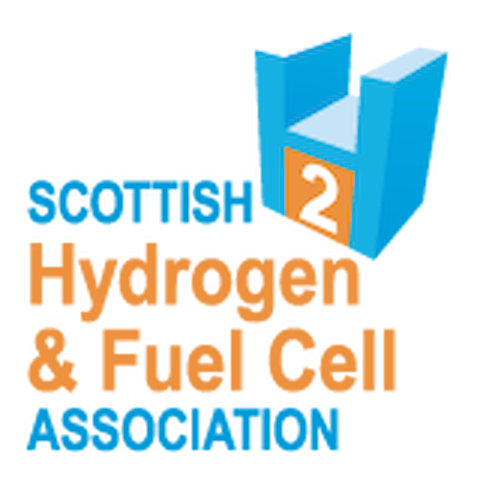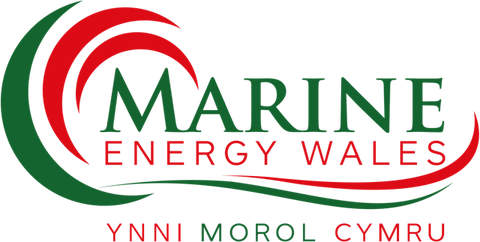Innovate UK Funding for establishing Orkney and Shetland Rural Energy Hub
A joint decarbonisation project between Orkney and Shetland has been awarded £4.9 million in funding by Innovate UK. The Rural Energy Hubs project is one of seven projects selected from across the UK for Innovate UK’s £25 million Net Zero Living programme. Each project will receive Innovate UK funding of between £2 million and £5 million to run practical demonstrator projects to show how the non-technical barriers to implementing carbon-cutting measures can be overcome.
The Net Zero Living programme will run from 1 February 2024 to 31 October 2025. In addition to Orkney and Shetland, Leicestershire, Liverpool, York, Bristol, Rossendale, and Peterborough have also received funding.
Innovate UK’s Net Zero Living programme will help local authorities across the UK to:
- tackle the barriers to climate action projects;
- speed up their progress to net zero;
- share expertise;
- unlock investment opportunities worth up to £500 billon.
The Rural Energy Hubs project will develop and deliver a programme of activity in Shetland and Orkney that was first explored in two feasibility studies undertaken in 2023, as part of an earlier stage of the Net Zero Living Programme. The project also builds on decades of experience, joint working and delivering innovative low-carbon projects across the islands.
The project takes a place-based approach to overcoming non-technical barriers to accelerate decarbonisation. It will establish a pilot Rural Energy Hub in Brae, Shetland as well as demonstrating a range of services that could be integrated into Hubs. The Hub itself could include elements such as shared working spaces, comfortable meeting areas, rapid charging facilities, renewable energy generation, a car club and e-bikes location. The project will also explore services that could make use of the Hubs or be collocated with them to support decarbonisation in the wider community, such as trialling use of electric buses and HGVs that would recharge at the Hub enabling them to undertake longer routes, and developing concept designs for a district heating scheme in Brae.
The pilot Hub will be used to engage consumers, identify regulatory and grid constraints and drive behaviour change. The Hub will demonstrate products, services, facilities and business models with a specific focus on energy and transport.
The project aims to use the pilot Hub to develop a model for establishing a wider network of rural energy Hubs across Orkney and Shetland, and to demonstrate how decarbonisation can be developed, embedded and accelerated by establishing locally-led coordinated action in Rural Energy Hub. Hubs would provide practical focal-points to drive decarbonisation for individuals, businesses and local authorities, maximising social, economic and environmental benefits.
Project partners include project lead Aquatera, Orkney Islands Council, Shetland Islands Council, the European Marine Energy Centre (EMEC), and Community Energy Scotland. This team brings together significant real-world experience of addressing non-technical barriers to decarbonisation and delivering ambitious projects of this nature.
This project brings together work and partners from the Net Zero Living Orkney and Shetland Rural Energy Hubs projects in Phase 1 of the Net Zero Living: Pathfinder Places programme. Both studies built on learning and challenges from the IUK PFER demonstration project ReFLEX Orkney, an ambitious programme of innovative integrated consumer-facing community-led services that encountered significant non-technical barriers. The project will also benefit from longer term support for the roll out of solutions identified through the Island Centre for Net Zero (ICNZ) which runs up to 2033.
Mike Biddle, Executive Director for Net Zero at Innovate UK, said:
“We know that many local authorities find it hard to plan and deliver decarbonisation of heat, power, and transport locally. Often the technology is available, but there are big gaps in capability, resource, and evidence of what works best in reality.
“That’s why we have issued this package of targeted support to help places all around the UK tackle the challenges, prove what can be done, share experiences and speed up their journey to net zero.”
Ian Johnstone, Aquatera Director, said:
“The project team are delighted to be taking forward the results of our feasibility studies into this demonstration project and welcomes the funding from Innovate UK to tackle non-technical barriers to decarbonisation. While technological innovation is essential to decarbonisation, our islands have repeatedly experienced in previous projects, that it is often the non-technical barriers rather than the technology that is the bigger challenge. Barriers such as regulation, finance, local resources and behaviour change can block otherwise viable programmes for decarbonisation.
“This funding stream provides an important opportunity for us to draw on considerable experience from multiple past projects in Orkney and Shetland, to develop local solutions to over-come these non-technical barriers and accelerate decarbonisation in our communities. Orkney and Shetland have long been test-beds for learning that is then taken further afield, and we believe this project will demonstrate effective routes to decarbonisation that can be replicated in communities across the UK and internationally.”
James Stockan, Orkney Islands Council Leader, said:
“We are grateful to Innovate UK for providing the funding for the Net Zero Living programme that will help us accelerate our ambitions to decarbonise. Support from all levels of government is crucial as we continue to find ways of reducing our carbon footprint, so this announcement from the UK Government’s innovation agency is most welcome.
“Orkney Islands Council’s involvement in this project is to help us understand the challenges and barriers we face of using low carbon transport in our communities. Our aim is to demonstrate the viability of using renewable fuel for transportation including cars, vans, Heavy Goods Vehicles and marine transport. Ultimately our findings could help us decarbonise our own fleet as well as transport for other local authorities across the UK, particularly in rural areas.
“We are privileged to be working with several partners who share our drive and commitment to tackle climate change, and allows us the opportunity to gain knowledge through learnt experiences while we advance our own ambitions to a net zero economy.”
Moraig Lyall, Chair of Shetland Islands Council’s Environment and Transport Committee, said:
“We are really pleased to receive the news of this funding award for the Rural Energy Hubs Project, that will address ‘non-technical’ barriers to decarbonisation, with a clear focus on community benefit.
“The project includes planning the energy efficiency, connectivity and multipurpose use of the Hub building and its relationship to transport in the North Mainland.
“This funding is an opportunity to pilot and demonstrate new sustainable ways of living and working in a rural setting based on strategic planning. Local projects like this will have many benefits for the Shetland community as well as helping to reach Shetland’s net zero targets. I’d like to offer my congratulations to the team who have put together our funding bid and I look forward to seeing how this will develop and enhance facilities in Brae.”
Zoe Holliday, Community Energy Scotland’s Chief Executive, said:
“Community Energy Scotland are very happy to receive the confirmation from Innovate UK that this consortium has successfully been awarded funding for the Rural Energy Hub project. In such a competitive field of applicants, we believe this demonstrates both the strength of the bid, as well as the team of partnering organisations that have come together.
“This project builds upon the months and years of foundational work put in by so many people in Orkney and Shetland. The focus on non-technical barriers to decarbonisation should see significant progress in the two counties across many challenges being faced. CES’ contribution will focus how we can work hand-in-hand with community organisations to empower and learn from them in the fields of low carbon transport and energy efficiency.
“The team at CES is looking forward to continuing this collaboration and growing collectively, with and for the populations of Orkney and Shetland.”
Innovate UK
Innovate UK is the UK’s innovation agency and is part of UK Research and Innovation. It drives productivity and economic growth by supporting businesses to develop and realise the potential of new ideas, including those from the UK’s world-class research base.
About the Innovate UK Net Zero Living programme
Innovate UK’s Net Zero Living Programme is a £60 million, three-year programme that aims to help places and businesses across the UK to accelerate the delivery of the transition to net zero.
The Net Zero Living programme aims to help places to open markets by:
- Removing the non-technical barriers to demand, including skills, organisational capacity, citizen engagement, financing, procurement and governance processes, which can all create barriers to the rapid scale-up and adoption of net zero solutions.
- Driving widespread business growth and innovation across the economy.
- Unlocking significant additional private investment to enable true levelling-up both between and within places.
More information: https://iuk.ktn-uk.org/programme/net-zero-living/









